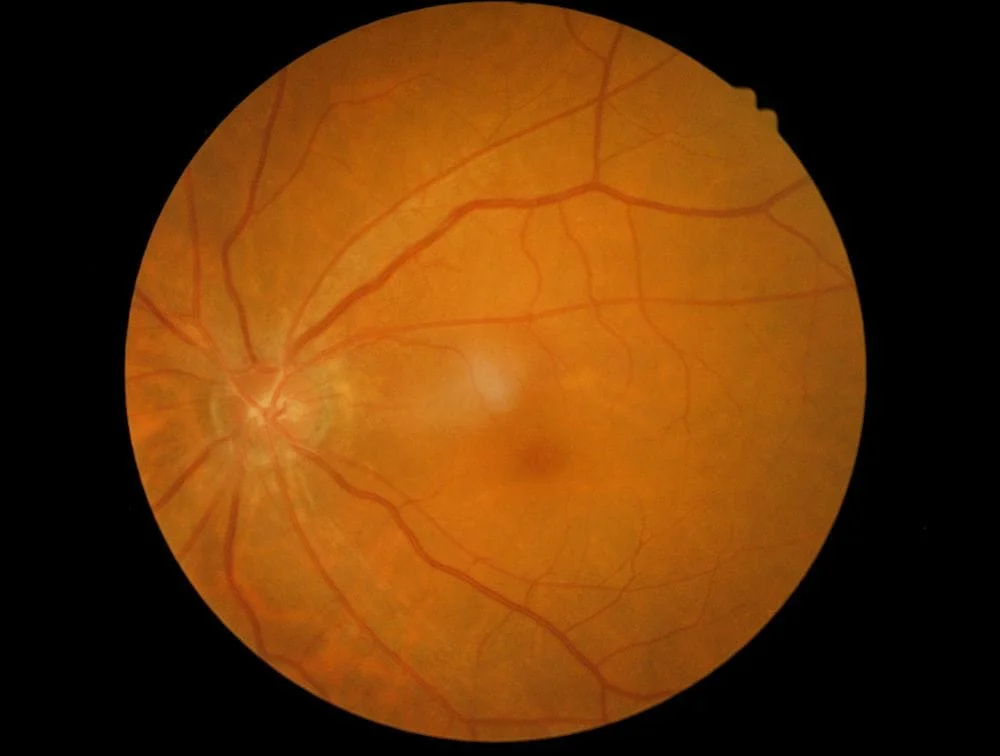Diabetic Retinopathy Treatment at Lehigh Valley Eye Care Associates
According to the most recent numbers from the American Diabetes Association, diabetes afflicts some 9.4 percent of the American population. That's over 30 million people who need to be concerned about their risk for diabetic retinopathy. This form of diabetic eye disease can cause permanent, progressive vision loss if it isn't brought under control as quickly as possible. Here at Lehigh Valley Eye Care Associates, we can help you help your eyes by watching out for early signs of this disease and providing treatment recommendations that could save your sight.
Understanding Diabetic Eye Disease
Why does diabetes damage the eyes? The key is the damage done to your circulatory system, especially the smaller, more fragile blood vessels that support eye function. As the pancreas fails to produce adequate insulin, these blood vessels may sustain increasing amounts of damage until they actually break and leak blood.
The two main types of diabetic retinopathy are non-proliferative and proliferative. Non-proliferative diabetic retinopathy is the first stage of the disease, in which the blood vessels that have sustained damage from elevated glucose levels begin to leak. This stage of the disease may or may not cause significant vision loss. The more advanced stage of the disease, proliferative diabetic retinopathy, is characterized by thin-walled, defective blood vessels that grow in the eye in an effort to compensate for previous damage. But these blood vessels can leak blood into the eye even more easily, clouding the normally-clear vitreous humor inside the eye and accelerating your risk of vision loss.
Diabetic retinopathy is sometimes accompanied by a related issue known as macular edema. In this condition, fluid from blood vessel leakage causes the macula (the part of the retina that controls central vision) to swell, impairing your eyesight.
Diagnosis and Treatment Options
Since diabetes is one of those dangerous conditions that can sneak up on you (and your eyes) without any early symptoms, it's not uncommon for people to discover that they have diabetes in the course of a comprehensive eye exam. Our ability to look inside the eye and examine the retina and blood vessels in detail lets us catch those little changes that could indicate big problems. That's one reason you absolutely must keep up your regular schedule of ongoing routine eye exams.
Diabetic retinopathy treatment varies according to the severity of the condition, although you will definitely be urged to work with a primary care physician to get that elevated blood sugar under control. If you have proliferative diabetic eye disease, we may prescribe injectable medication that discourages the formation of new, defective blood vessels or refers you for a surgery such as a laser blood vessel treatment or replacement of the vitreous humor.
Schedule an Exam at Our Allentown Office
Now is the time to take control of your ocular well-being. Call Lehigh Valley Eye Care Associates at (610) 432-3258 to schedule a comprehensive eye exam!

